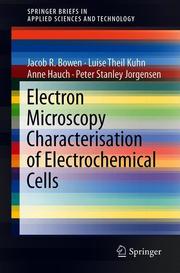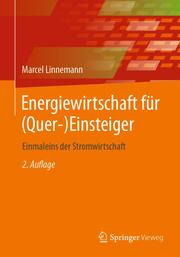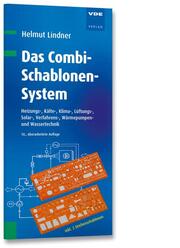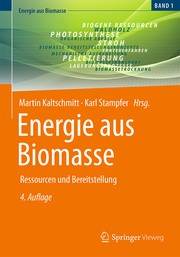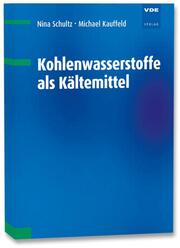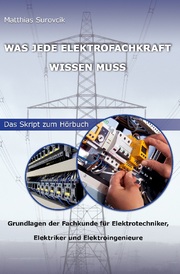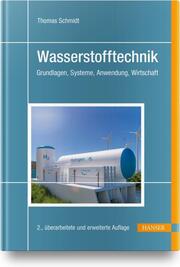Electron Microscopy Characterisation of Electrochemical Cells
SpringerBriefs in Applied Sciences and Technology
Bibliografische Daten
Bowen, Jacob R/Kuhn, Luise Theil/Hauch, Anne et al
ISBN: 9781447156543
Sprache: Englisch
Umfang: VIII, 72 S., 33 s/w Illustr.
1. Auflage 2020
kartoniertes Buch
Erschienen am
23.04.2020
Themenwelten
- Belletristik & Lyrik
- Krimi
- Kinder- und Jugendbuch
- Bilderbücher
- Familie
- E-Reader
- Hörbuch für Erwachsene
- Hörbuch für Kinder
- Reise
- Landkarten & Stadtpläne
- Kalender
- Politik & Wirtschaft
- Gesundheit
- Demenz
- Kochen
- Natur & Tiere
- Regionalia
- Körper und Seele
- Hobby & Basteln
- Humor & Nettigkeiten
- Geschichte & Kultur
- Schulbuch
- Lernhilfen
- Pädagogik
- Psychologie
- Partnerschaft & Erotik
- Fremdsprachige Literatur
- Theologie & Philosophie
- Fantasy & SciFi
- Lifestyle
- New Adult
- Influencer & Blogger
- Graphic Novel
- Manga
- Tickets
- Sprachen
- Biographien
- Sport
- Wissen
- Recht
- Beruf & Karriere
- EDV
- Fahrzeuge
Sonstiges kartoniertes Buch
Aktuell nicht lieferbar
Beschreibung
The aim of this book is to illustrate how various electron microscopy techniques can be applied in combination and how new techniques can be developed for specific needs. It provides a snapshot of the state-of-the-art methods used to characterize devices based on electrochemical cells such as solid oxide fuel cells, solid oxide electrolysis, and other energy conversion devices. It also illustrates in a coherent and pedagogical manner how electron microscopy and careful sample preparation can be used to decipher the chemical and physical processes that occur in these devices. These concepts and methodologies are illustrated in case studies, and are transferable to other closely related devices such as batteries and solar cells. With this in mind, this book also presents other upcoming related techniques.The book begins with three introductory chapters on electrochemical cells, electron microscopy and sample preparation providing useful references to comprehensive classic texts on these subjects. The relationship between electrochemical observations of performance and micro/nano-structures is then explored via a series of case studies on technologically relevant issues. With the international pressure to put renewable energy conversion devices on the global market, the material complexity and reducing microstructure scale is increasingly challenging to characterize. Therefore, new electron microscopy and related preparation techniques are in demand to access and understand the local electrocatalytic processes and the limitations to them. This book is intended for students and researchers of energy materials and electrochemistry, and researchers employed by solid oxide fuel cell (SOFC) companies. It is also a valuable resource for academic researchers of electron microscopy and energy conversion materials, and also battery researchers and solar cell researchers.
Auf die Wunschliste
53,45 € inkl. MwSt.
Autorenportrait
Jacob R. Bowen received a Bachelor of Metallurgical Engineering from the University of New South Wales, Australia in 1997 and a PhD on the topic of ultrafine grained metals from the University of Manchester, United Kingdom in 2000 before moving to the former Materials Research Division at the Risø National Laboratory in Denmark. Here he continued research on deformation and annealed metallic microstructures using electron microscopy and related techniques. In 2006 he moved to the neighboring Fuel Cells and Solid State Chemistry Department, (now the Department of Energy Conversion and Storage at the Technical University of Denmark) as Senior Scientist where he continues his interests in understanding the role of microstructural change on electrochemical devices by using and adapting scanning electron and ion microscopy based techniques.Anne Hauch received her master of science from the Department of Chemistry from Aarhus University in Denmark in 2003 and a PhD on the topic of performance and durability of solid oxide electrolysis cells in 2007 from Fuel Cells and Solid State Chemistry Department at the Risø National Laboratory (now part of the Technical University of Denmark). Since then she has been working as a scientist/senior scientist at the Department of Energy Conversion and Storage focus-ing her research on testing and characterization of solid oxide fuel cells and electrolysis cells, especially the interplay between microstructures, electrochemical performance and the degradation of the solid oxide cells. Furthermore, she has a diploma in university teaching from the Technical University of Denmark.Peter S. Jørgensen received his Master of Science in Engineering (Applied Mathematics) from the Department of Informatics at the Technical University of Denmark and a PhD on the topic of 3D characterization of solid oxide cells in 2010 from the Fuel cells and Solid State chemistry Department at Risø National Laboratory (now part of the Technical University of Denmark). Since then he has worked as a postdoc and now a scientist at the Department of Energy Conversion and Storage focusing his research on 2D and 3D characterization of microstructures based on image analysis of micrographs obtained by scanning electron microscopy and focused ion beam tomography.Luise Theil Kuhn received her PhD degree in 1999 in solid state physics from the Niels Bohr Institute, University of Copenhagen, Denmark, and has since specialized in the research field of linking structural and physical properties of nano-particles and interfaces by means of electron or scanning probe microscopy, x-ray and neutron scattering. Focusing on energy devices she has 2008-2011 been Head of Program for Microstructures and Interfaces at the Fuel Cells and Solid State Chemistry Department at Risø National Laboratory (now part of the Technical University of Denmark), and since 2012 Head of Section for Imaging and Structural Analysis at the Department of Energy Conversion and Storage. Furthermore she has a diploma in university teaching from University of Copenhagen and she is also supervising colleagues training for the teaching diploma. She has initiated both undergraduate and graduate courses and study programs.


